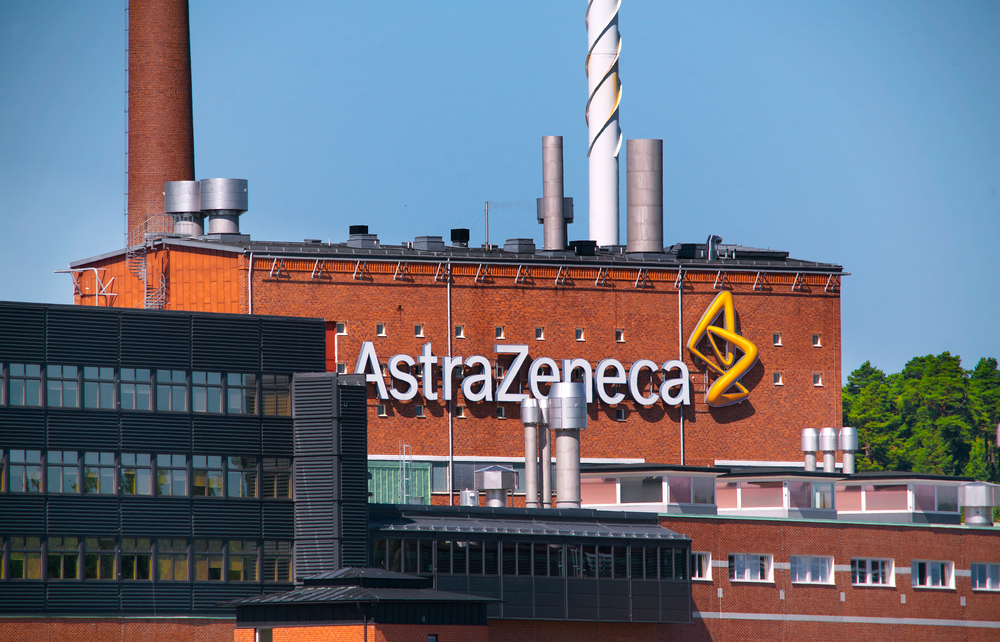
AstraZeneca has reached first agreements for at least 400 million doses of a potential COVID-19 vaccine developed by the University of Oxford, including 300 million for the United States.
First shipments will begin rolling out to the U.K. in September, then the United States in October. The company does not intend to stop there, though. It has already secured a total manufacturing capacity for 1 billion doses of the vaccine and intends to engage further agreements that will expand global capacity over the coming months.
The effort has been supported by more than $1 billion from the U.S. Biomedical Advanced Research and Development Authority (BARDA), which will be put toward development, production, and delivery of the vaccine beginning in the fall. Part of that process includes a 30,000 participant Phase III clinical trial, along with a pediatric trial. Phase 1 and 2 clinical trials to assess safety, immunogenicity, and efficacy in more than 1,000 healthy volunteers began last month. The next trials will be run in parallel with scaled manufacturing at BARDA’s Centers for Innovation and Advanced Development in Manufacturing.
“This pandemic is a global tragedy, and it is a challenge for all of humanity,” Pascal Soriot, CEO of AstraZeneca, said. “We need to defeat the virus together, or it will continue to inflict huge personal suffering and leave long-lasting economic and social scars in every country around the world. We are so proud to be collaborating with Oxford University to turn their ground-breaking work into a medicine that can be produced on a global scale. We would like to thank the U.S. and U.K. governments for their substantial support to accelerate the development and production of the vaccine. We will do everything in our power to make this vaccine quickly and widely available.”
The COVID-19 pandemic has so far infected more than 5 million people and killed more than 328,000 worldwide, according to data collected by Johns Hopkins University. The company added that it will be supplying the potential vaccine at no profit during the pandemic. This is helped, in part, by expectations that governments will fund expenses incurred by the vaccine.
“This contract with AstraZeneca is a major milestone in Operation Warp Speed’s work toward a safe, effective, widely available vaccine by 2021,” U.S. Health and Human Services Secretary Alex Azar said. “Getting a vaccine to the American public as soon as possible is one part of President Trump’s multi-faceted strategy for safely reopening our country and bringing life back to normal, which is essential to Americans’ physical and mental well-being in so many ways.”
To guarantee the virus’s distribution, AstraZeneca is also in talks with organizations like the Coalition for Epidemic Preparedness Innovations, Gavi the Vaccine Alliance, and the World Health Organisation, along with governments and additional potential partners. Already, the company has partnered with both the U.K. and U.S. governments to support the Oxford-developed vaccine and finalized its license agreement with the university.
Under the agreement, the vaccine — formerly known as ChAdOx1 nCoV-19 — will now be called AZD1222. AstraZeneca will aid the creation of a joint research center at Oxford dedicated to pandemic preparedness research. Vaccines made from ChAdOx1 have so far been given to more than 320 people to date and were largely safe and well-tolerated. They can, however, cause such side effects as temperature spikes, influenza-like symptoms, headaches or sore arms.




